Uncle in Arabic (Learn How To Say Paternal and Maternal Uncle)
Advertisements
Learning a new language is always an exciting adventure, and Arabic is no exception. One of the most important things to learn in any language is how to address family members. In Arabic, there are specific words to refer to each family member.
In this blog post, we will focus on one of these words, “uncle,” and explore how to say it in Arabic. Let’s get started and learn how to say uncle in Arabic!
How To Say Uncle in Arabic Language?
In general, the Arabic word for uncle is عَمّ and the pronounciation is amm. This word is commonly used to refer to the brother of one’s father, but it can also be used to address older male family friends who are considered as family members.
Terms used to express family relations in Arabic are more explicit than in English. This may reflect the importance of family and relations in the Arabic society.
An example of the more explicit family relations terms in Arabic is that the term ‘uncle’ in English has 2 Arabic terms distinguishing ‘maternal uncle’ and ‘paternal uncle”.
Advertisements
Paternal Uncle in Arabic
In Arabic, the term for paternal uncle is “عمّ” (amm). This term is used specifically to refer to the brother of one’s father. When addressing or referring to your paternal uncle in Arabic, you can use the phrase “عمّي” (ammi), which means “my uncle.”
It is customary in Arabic culture to show respect for older family members, including uncles, by addressing them with a title and using proper forms of address.
| English | Arabic | Transliteration |
| My uncle | عمي | Ammi |
| His uncle | عمه | Ammuhu |
| Her uncle | عمها | Ammuha |
| Your uncle | عمكَ | Ammuka (masculine) |
| Your uncle | عمكِ | Ammuki (feminine) |
| Your uncle | عمكم | Ammukum (plural masculine) |
| Your uncle | عمكنّ | Ammukhunna (plural feminine) |
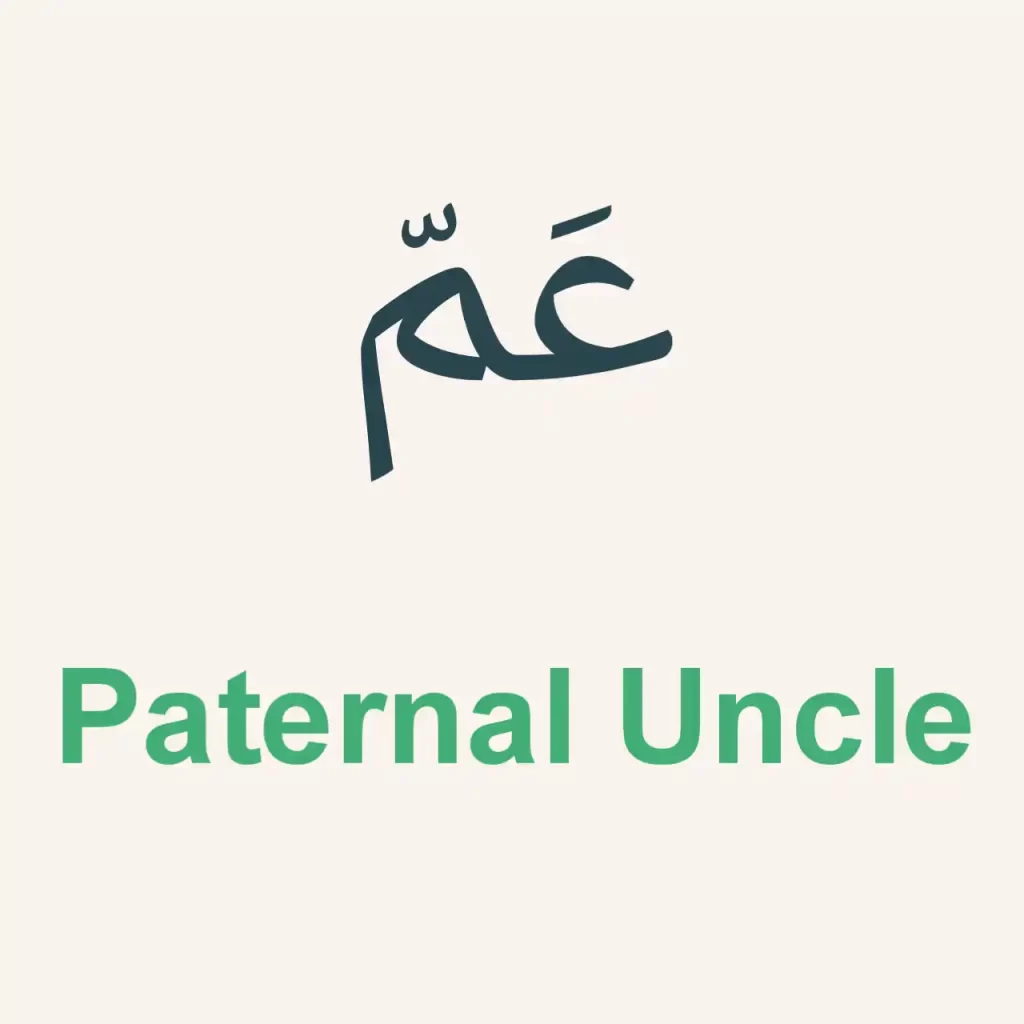
Maternal Uncle in Arabic
In Arabic, the term for maternal uncle is “خَال” and pronounced khaal. This term is used specifically to refer to the brother of one’s mother.
When addressing or referring to your maternal uncle in Arabic, you can use the phrase “خالي” (khaali), which means “my uncle.”
| English | Arabic | Transliteration |
| My uncle | خالي | Khaali |
| His uncle | خاله | Khaaluhu |
| Her uncle | خالها | Khaaluha |
| Your uncle | خالكَ | Khaaluka (masculine) |
| Your uncle | خالكِ | Khaaluki (feminine) |
| Your uncle | خالكم | Khaalukum (plural masculine) |
| Your uncle | خالكن | Khaalukunna (plural feminine) |
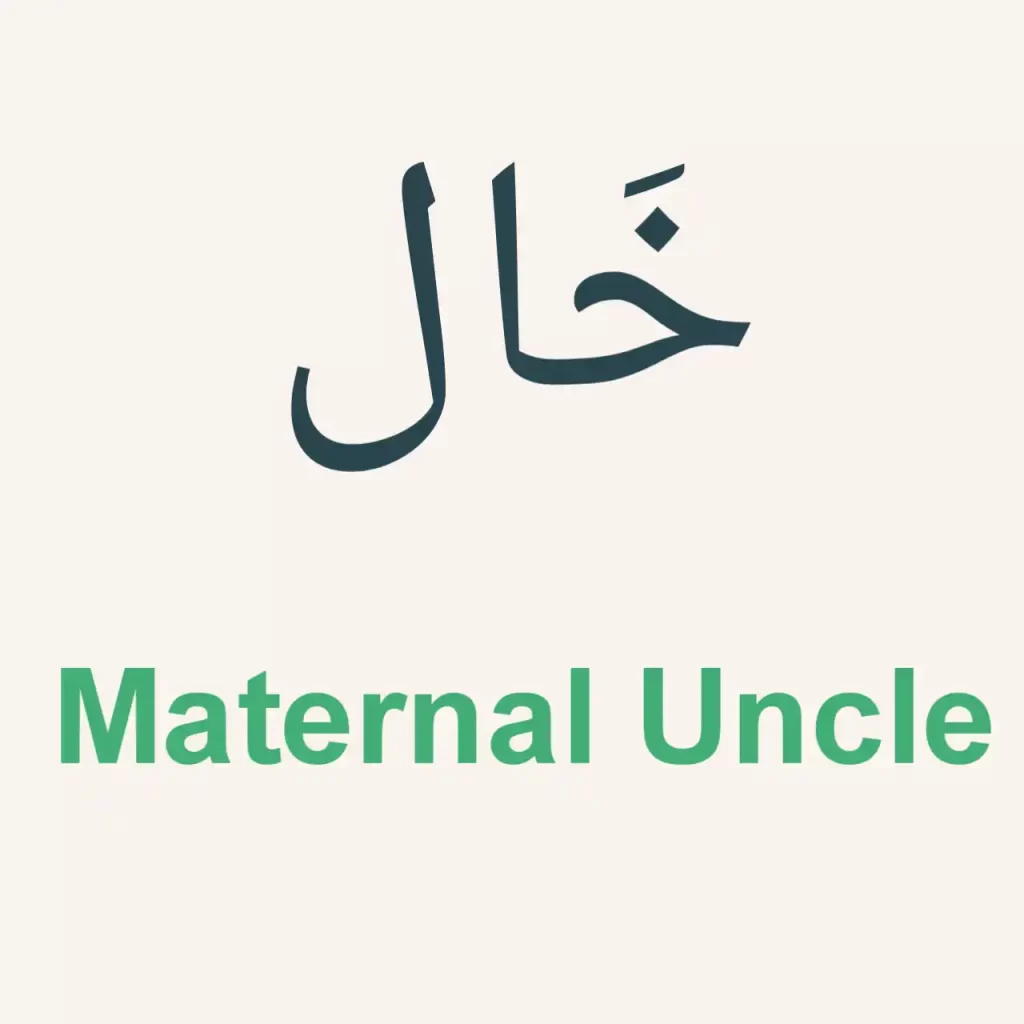
My Uncle in Arabic
In Arabic, “my uncle” can be translated to “عمّي” (ammi) or “خالي” (khali) depending on the type of uncle you are referring to.
Advertisements
If you are referring to your paternal uncle (the brother of your father), you would use “عمّي” (ammi) to say “my uncle.”
Similarly, if you are referring to your maternal uncle (the brother of your mother), you would also use “خالي” (khaali).
Note that all these terms are in Modern Standard Arabic, not in any specific Arabic dialect.
Conclusion
Learning how to address family members correctly is an important aspect of Arabic language and culture.
Knowing how to say “uncle” in Arabic, and using it appropriately, shows respect for Arabic family culture and helps build strong relationships with Arabic speakers.
The word “amm” or “khaal” is used to refer to the brother of one’s father or mother, as well as older male family friends who are considered as family members.
So, next time you meet an Arabic-speaking family member or friend, make sure to use the word “amm” to address them correctly and show your appreciation for Arabic family culture.
Advertisements

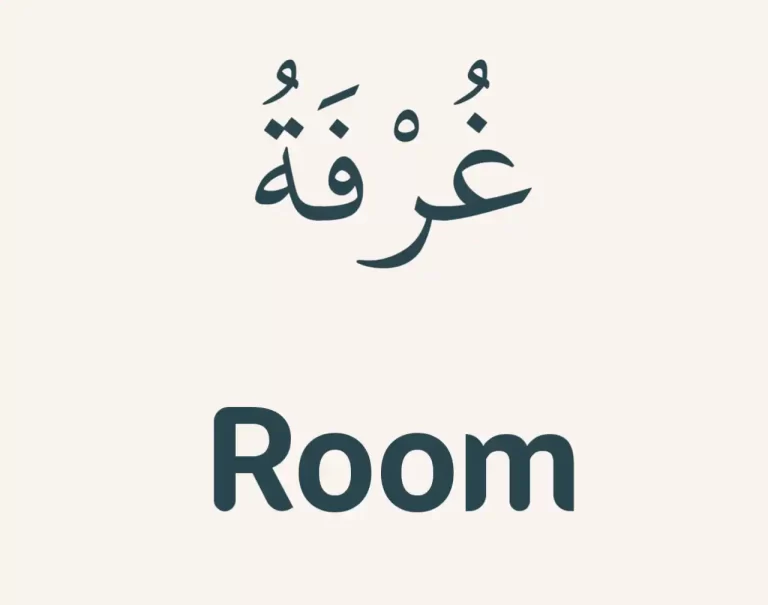
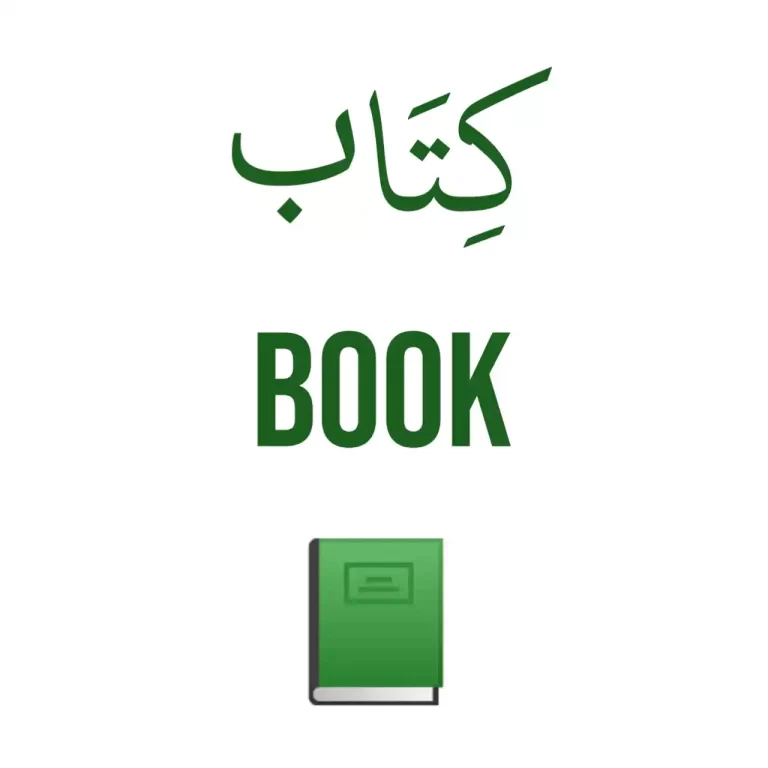
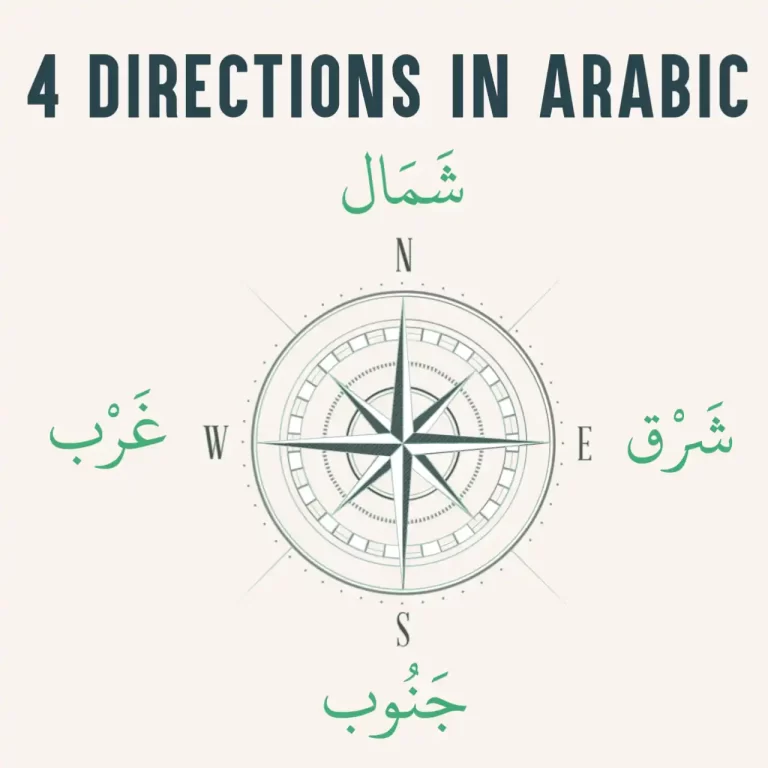
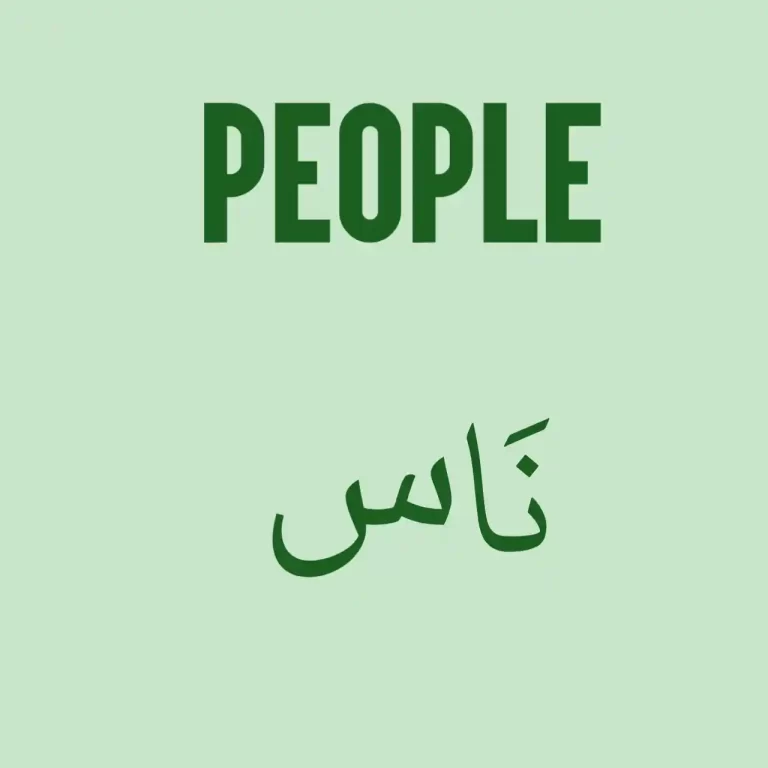
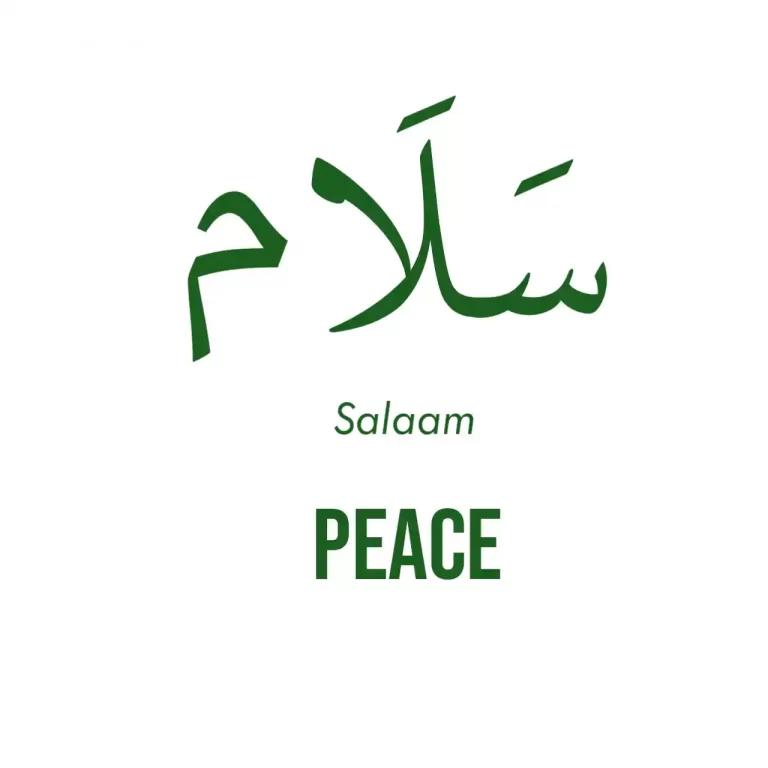
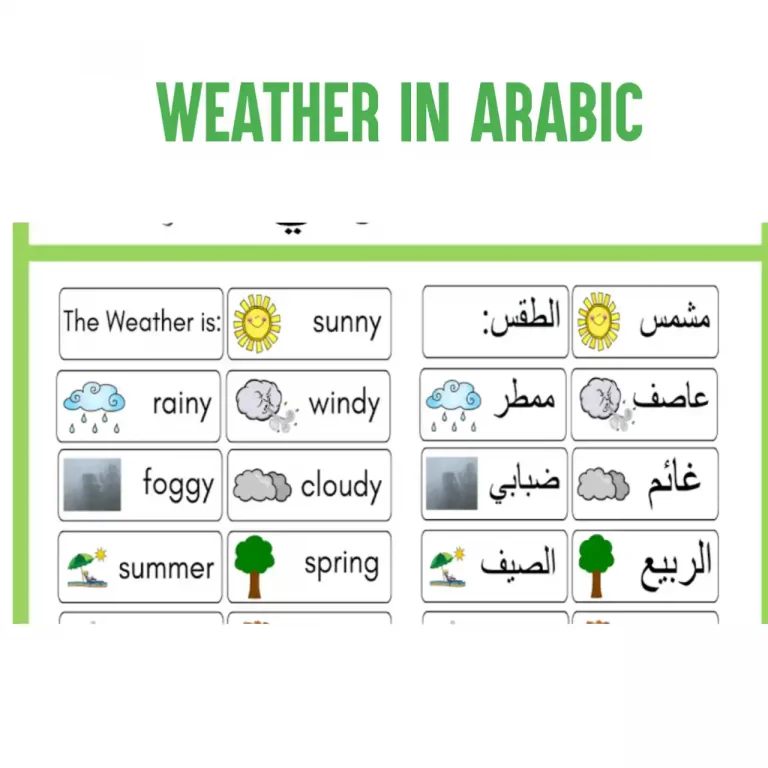
One Comment
Comments are closed.